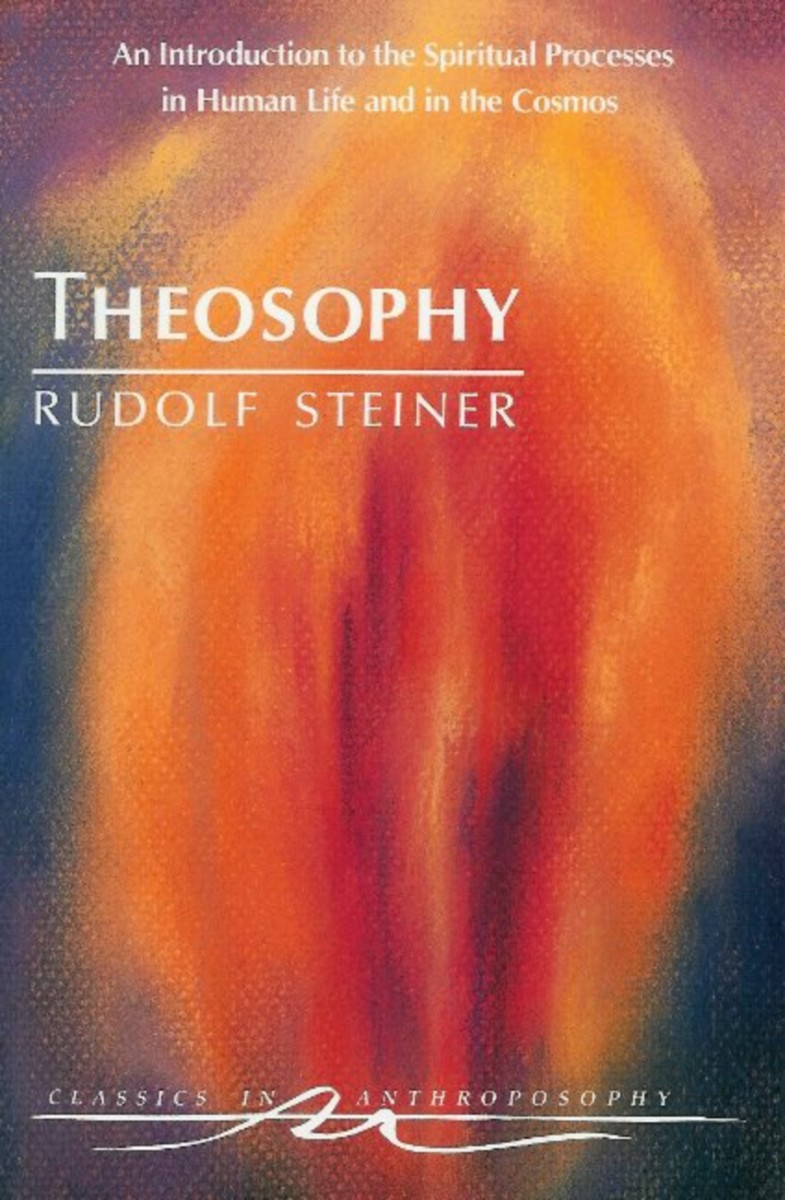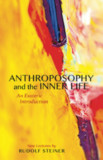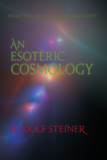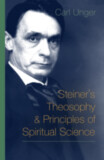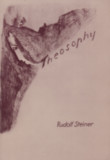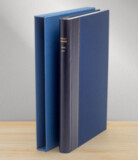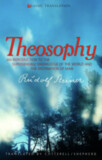Theosophy
An Introduction to the Spiritual Processes in Human Life and in the Cosmos (CW 9)
- Publisher
SteinerBooks - Published
1st December 1994 - ISBN 9780880103732
- Language English
- Pages 256 pp.
Written in 1904 (CW 9)
Theosophy is a key work for gaining a solid footing in spiritual reality as described by Rudolf Steiner. It is organized into four parts. First, Steiner builds a comprehensive understanding of human nature: physical bodily nature; soul qualities; spirit being, or “I”-being; and the higher spiritual aspects. This leads us to Steiner’s description of the human being as sevenfold:
• Material, physical body
• Ether body, or body of life forces
• Sentient soul body
• Mind soul
• Spirit-filled consciousness soul
• Life spirit
• Spirit body
In the next section, Steiner offers an extraordinary overview of the laws of reincarnation and the principles of karma, as we pass from one life to the next. This prepares us for the third section, in which he shows the various ways in which we live—during life on earth and after death and in the three worlds of body, soul, and spirit.
Finally, we are given a succinct description of the path of knowledge, along which each person can begin to understand the marvelous and harmonious complexity of the psycho-spiritual worlds in their fullness.
This volume is a translation of «Theosophie, Einführung in übersinnliche Welterkenntnis und Menschenbestimmung» (GA 9).
C O N T E N T S:
Foreword by Michael Holdrege
Prefaces by Rudolf Steiner
Chapter 1: The Essential Nature of the Human Being:
1. The Bodily Nature of the Human Being
2. The Soul Nature of the Human Being
3. The Spirit Nature of the Human Being
4. Body, Soul, and Spirit
Chapter 2: Destiny & the Reincarnation of the Spirit
Chapter 3: The Three Worlds:
1. The Soul World
2. The Soul in the Soul World after Death
3. The Country of Spirit Beings
4. The Spirit in Spirit Country after Death
5. The Physical World and Its Connection to the Worlds of Souls and Spirits
6. Thought Forms and the Human Aura
Chapter 4: The Path to Knowledge
Related Reading
Index
Rudolf Steiner
Rudolf Steiner (b. Rudolf Joseph Lorenz Steiner, 1861–1925) was born in the small village of Kraljevec, Austro-Hungarian Empire (now in Croatia), where he grew up. As a young man, he lived in Weimar and Berlin, where he became a well-published scientific, literary, and philosophical scholar, known especially for his work with Goethe’s scientific writings. Steiner termed his spiritual philosophy anthroposophy, meaning “wisdom of the human being.” As an exceptionally developed seer, he based his work on direct knowledge and perception of spiritual dimensions. He initiated a modern, universal “spiritual science” that is accessible to anyone willing to exercise clear and unbiased thinking. From his spiritual investigations, Steiner provided suggestions for the renewal of numerous activities, including education (general and for special needs), agriculture, medicine, economics, architecture, science, philosophy, Christianity, and the arts. There are currently thousands of schools, clinics, farms, and initiatives in other fields that involve practical work based on the principles Steiner developed. His many published works feature his research into the spiritual nature of human beings, the evolution of the world and humanity, and methods for personal development. He wrote some thirty books and delivered more than six thousand lectures throughout much of Europe. In 1924, Steiner founded the General Anthroposophical Society, which today has branches around the world.


